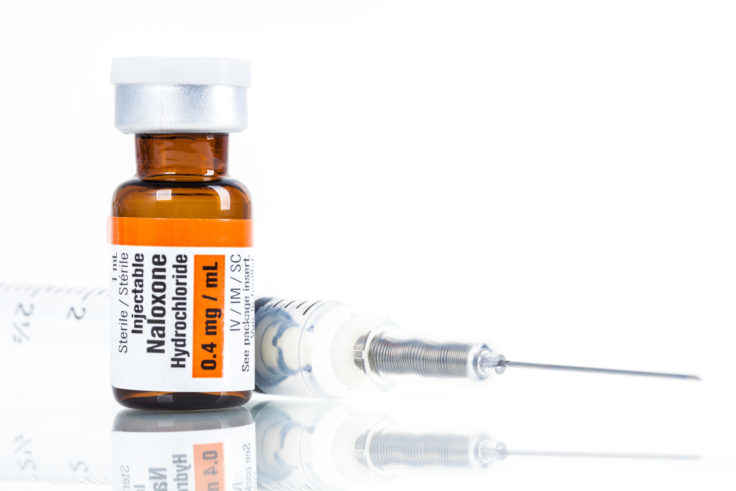Legality of Dispensing and Administering Expired Naloxone in Colorado
March 30, 2020
Overview
Drug overdose is a continuing epidemic that claimed the lives of over 67,000 Americans in 2018. Opioids, both prescription painkillers and illegal drugs such as heroin and illicitly manufactured fentanyl, were responsible for approximately 70% of these deaths. Many of the people killed by opioids would be alive today if they had quickly received the medication naloxone and, where needed, other emergency care. All fifty states and the District of Columbia have modified their laws to increase access to naloxone, the standard first-line treatment for opioid overdose.

While these laws take a number of approaches to increase access to this life-saving medication, none explicitly address the legality of dispensing naloxone that is past its expiration date. As many governmental and non-governmental organizations will increasingly have stocks of such expired naloxone, which has a listed shelf life of only one to two years, it is important to determine whether distribution or use of that naloxone is permissible under existing law. This fact sheet discusses whether Colorado laws forbid the prescription, dispensing, distribution, possession, or administration of expired naloxone and whether such actions impact the risk of civil liability for medical professionals who prescribe or dispense naloxone or laypeople who distribute or administer it.
In summary, Colorado does not prohibit the prescribing, possession, or use of expired naloxone obtained via a valid individual prescription or standing order. Colorado does prohibit pharmacists from dispensing expired medications, including naloxone; however, the naloxone access law explicitly provides that dispensing naloxone as permitted by that law does not constitute unprofessional conduct.



